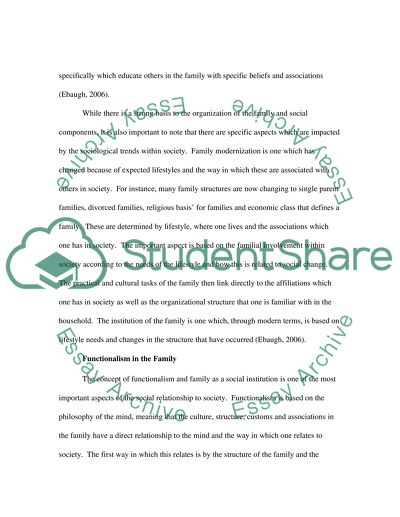Cite this document
(“Sociological relationships to family institutions Essay”, n.d.)
Retrieved from https://studentshare.org/sociology/1429450-sociological-theories-and-social-institution-of
Retrieved from https://studentshare.org/sociology/1429450-sociological-theories-and-social-institution-of
(Sociological Relationships to Family Institutions Essay)
https://studentshare.org/sociology/1429450-sociological-theories-and-social-institution-of.
https://studentshare.org/sociology/1429450-sociological-theories-and-social-institution-of.
“Sociological Relationships to Family Institutions Essay”, n.d. https://studentshare.org/sociology/1429450-sociological-theories-and-social-institution-of.


